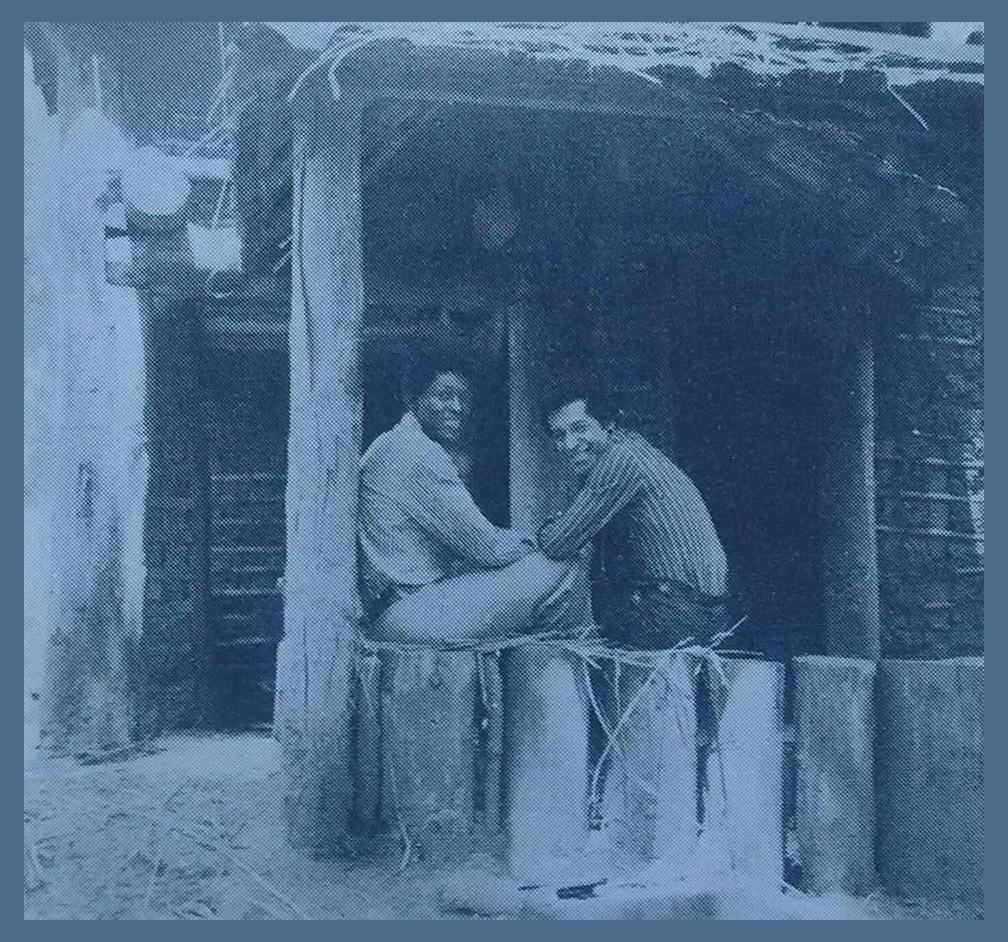 Zé do Rancho & Zé do Pinho
Zé do Rancho & Zé do Pinho
Zé do Rancho & Zé do Pinho: A Musical Odyssey of Portuguese Folk
In the tapestry of Portuguese folk music, the duo Zé do Rancho & Zé do Pinho stands as a vibrant thread, their songs echoing the soul of rural life and the struggles of the marginalized.
Origins and Influences:
Zé do Rancho (born José Carriço) and Zé do Pinho (born José Carlos Pereira) met in the 1960s in the rural town of Loulé, Algarve. Both shared a deep passion for traditional Portuguese music, particularly the melancholic melody and lyrical simplicity of "cante alentejano."
Early Challenges and Controversies:
Their music, however, was not received without criticism. During the authoritarian regime of the time, their lyrics often touched upon taboo subjects such as poverty, injustice, and the plight of rural workers. This led to occasional censorship and a ban on their music from state-controlled radio stations.
Signature Song and Discography:
Despite the challenges, Zé do Rancho & Zé do Pinho persevered, and their song "Depois Que a Rosa Mudou" became an anthem of resilience and hope for the marginalized. The song's haunting melody and poignant lyrics captured the essence of their musical style, while their distinctive two-part harmonies and use of traditional instruments added depth and authenticity.
The duo released several albums throughout their career, including "À Flor do Laranjeira" (1976), "Vira" (1978), and "20 Anos" (1991). Their music gained widespread recognition and influenced a new generation of Portuguese folk musicians.
Members:
* Zé do Rancho (José Carriço): vocals, guitar
* Zé do Pinho (José Carlos Pereira): vocals, guitar
Legacy and Impact:
Zé do Rancho & Zé do Pinho's music continues to resonate with audiences today, as a testament to the enduring power of traditional Portuguese folk music. Their songs have been covered by numerous artists and their influence can be heard in the work of contemporary Portuguese musicians. The duo's unwavering commitment to authenticity and social justice has left an indelible mark on the Portuguese cultural landscape.
In the tapestry of Portuguese folk music, the duo Zé do Rancho & Zé do Pinho stands as a vibrant thread, their songs echoing the soul of rural life and the struggles of the marginalized.
Origins and Influences:
Zé do Rancho (born José Carriço) and Zé do Pinho (born José Carlos Pereira) met in the 1960s in the rural town of Loulé, Algarve. Both shared a deep passion for traditional Portuguese music, particularly the melancholic melody and lyrical simplicity of "cante alentejano."
Early Challenges and Controversies:
Their music, however, was not received without criticism. During the authoritarian regime of the time, their lyrics often touched upon taboo subjects such as poverty, injustice, and the plight of rural workers. This led to occasional censorship and a ban on their music from state-controlled radio stations.
Signature Song and Discography:
Despite the challenges, Zé do Rancho & Zé do Pinho persevered, and their song "Depois Que a Rosa Mudou" became an anthem of resilience and hope for the marginalized. The song's haunting melody and poignant lyrics captured the essence of their musical style, while their distinctive two-part harmonies and use of traditional instruments added depth and authenticity.
The duo released several albums throughout their career, including "À Flor do Laranjeira" (1976), "Vira" (1978), and "20 Anos" (1991). Their music gained widespread recognition and influenced a new generation of Portuguese folk musicians.
Members:
* Zé do Rancho (José Carriço): vocals, guitar
* Zé do Pinho (José Carlos Pereira): vocals, guitar
Legacy and Impact:
Zé do Rancho & Zé do Pinho's music continues to resonate with audiences today, as a testament to the enduring power of traditional Portuguese folk music. Their songs have been covered by numerous artists and their influence can be heard in the work of contemporary Portuguese musicians. The duo's unwavering commitment to authenticity and social justice has left an indelible mark on the Portuguese cultural landscape.